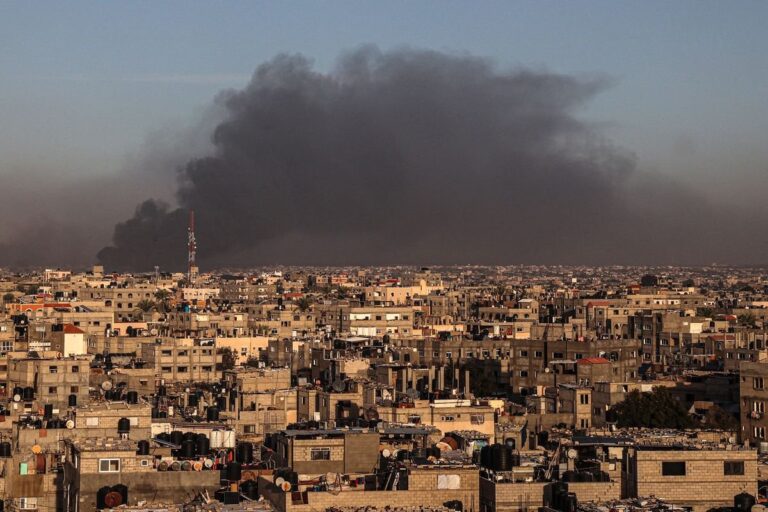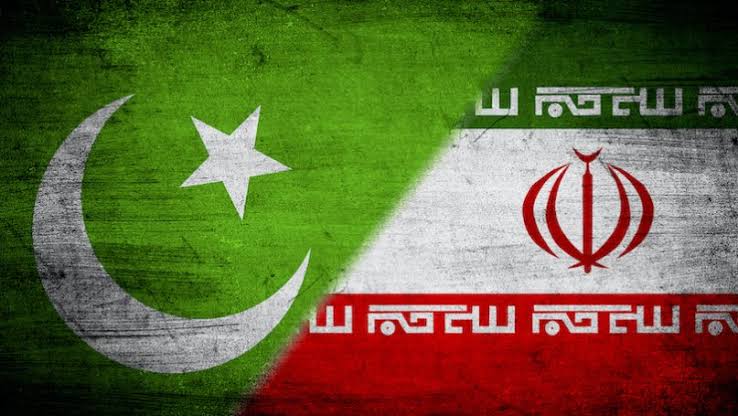Tensions Flare as Iran Targets Militant Group in Unprecedented Assault
In a startling turn of events, the Middle East finds itself on the brink of heightened tensions as Iran unleashes a barrage of missile and drone strikes on Pakistan. The target? The alleged stronghold of the Sunni militant group “Jaish-al-Adl.” The unexpected attack, carried out by Iran’s Revolutionary Guard, raises crucial questions about the motivations behind this assault and the historical backdrop of Iran-Pakistan relations.
Commentary | Pak-Iran Crisis
— South Asia Times (@SATimes_TV) January 17, 2024
Iran's recent air strikes inside Pakistan, ostensibly targeting a militant faction, Jaish Al-Adl, have left a trail of questions.
Why did Iran opt for such a provocative move without utilizing existing communication channels? pic.twitter.com/aEmS69JUYs
Iran Strikes Alleged Militant Targets in Pakistan:
Iran justifies its actions by designating Jaish-al-Adl as a US-listed terror organization, pointing to the group’s history of cross-border attacks and kidnappings of Iranian border police. The group, self-proclaimed as the “Army of Justice,” operates primarily in Pakistan, advocating for the independence of the Sistan and Baluchestan region. The region, predominantly inhabited by Iran’s Sunni minority, has long faced accusations of discrimination and injustice.
A Retaliatory Move or Escalation of Tensions?
The Iranian assault comes on the heels of a deadly attack on an Iranian police station in December, resulting in the deaths of 11 officers. Iran blames Jaish-al-Adl for the attack, alleging it was launched from Pakistan’s side near Panjgur. The question lingers: Was this Iran’s counter-attack, or does it hint at a broader conflict in the region?

Iran-Pakistan Relations Strained:
Iran and Pakistan share a 959-kilometer border, primarily in the restive Sistan-Baluchestan region. Iran accuses Pakistan of harboring militant groups and threatens raids inside Pakistani territory to curb Sunni militant activities. Pakistan vehemently denies these allegations, intensifying the diplomatic strain between the two nations.
Regional Fallout and Global Concerns:
Pakistan becomes the third Asian country to face Iran’s recent aggression, following attacks on Iraq and Syria. In response, the US targets the Iran-backed Hezbollah terror group in Yemen, signaling a potential full-scale regional conflict. Iran’s continued support for Hezbollah’s maritime assaults in the Red Sea adds to the growing unease, raising concerns about the possibility of a broader and more protracted confrontation in the Middle East.
Global Watch as Iran’s Actions Ripple Across Borders:
As the world watches with bated breath, the implications of Iran’s recent actions extend beyond regional borders. The international community grapples with the potential for further escalation, emphasizing the urgent need for diplomatic efforts to ease tensions and prevent the situation from spiraling into a full-blown crisis.







